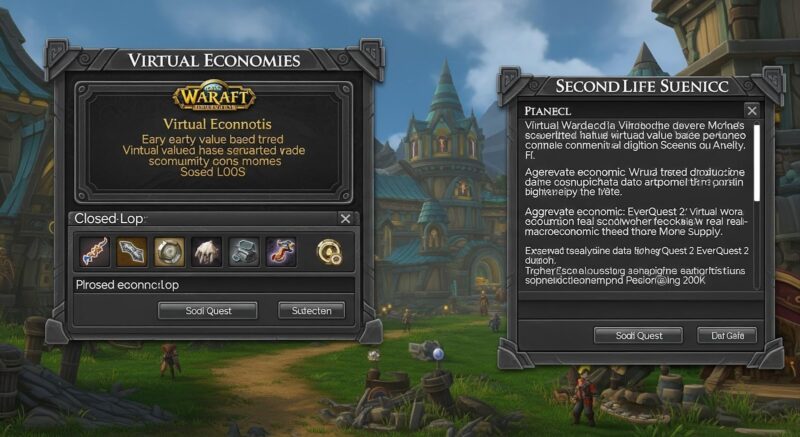
Most sportsbook and casino teams reach the same point: the tech stack starts to creak, but player expectations keep climbing. Instead of juggling dozens of direct deals, more brands now lean on a casino game aggregator to plug everything in through a single API casino integration and finally get control over content, reporting, and compliance.
Single API Casino Integration For Leaner, Smarter Operations
If you’ve ever launched a new provider two days before a big sports event, you know how fragile custom integrations can be. Every studio wants something slightly different, and your dev backlog quietly explodes. With single API casino integration, you fold those differences into one technical standard, not twenty overlapping projects.
That shift sounds “just technical,” but it changes how you run the business. Onboarding studios stop being a mini-project each time and turn into a repeatable process. Risk and compliance teams work with one data model instead of multiple half-matching exports. Your roadmap becomes about markets, features, and campaigns—not endlessly fixing edge cases from old connections.
Multi-Provider Game Aggregation That Actually Feels Curated
Multi-provider game aggregation shouldn’t mean “throw everything into the lobby and hope for the best.” The operators who win treat their content hub more like a streaming service than a warehouse. They pick lineups for specific markets, player segments, and cross-sell journeys from sportsbook into casino and back again.
Over time, that approach gives you a very practical set of levers to pull:
- Rotate long-tail titles in and out without another heavy integration project.
- Build different lobbies for high-intent casino players and casual sports bettors.
- Test promising new studios in one territory, then scale them globally if they land.
- Benchmark each provider on real KPIs instead of just promises in a sales deck.
Well-known brands and rising studios both have a place here. For example, adding some of the finest hacksaw slots can instantly resonate with audiences who already see those titles on streaming and social. The aggregator layer then lets you plug them in without rethinking your whole platform every time a new hit appears.
Mobile-First Slot Performance And Everyday Player Behavior
Most of your customers now experience casino content on a phone, often in short, “between moments” during the day. Mobile-first slot performance is no longer a nice-to-have; it shapes whether someone completes a session or just closes the tab. Long loading times or clunky lobbies quietly kill acquisition and retention metrics.
A strong aggregation setup helps here in two ways. First, it surfaces which studios consistently deliver lightweight, mobile-friendly builds that behave well on real devices, not just in demos. Second, it gives product teams cleaner performance data, so you can spot titles that drain bandwidth, cause session drops, or simply don’t resonate with your mobile traffic at all.
Bonus Buy Availability, Regulation, And Responsible Growth
Features tied to bonus buy availability are popular, but they live in a sensitive space. Some markets welcome them; others restrict or prohibit them altogether. If you manage everything through separate integrations, enabling or disabling these options for each jurisdiction becomes a nightmare of last-minute patches and workarounds.
Handled through a mature aggregation layer, the same feature turns into a configurable setting rather than a gamble with your compliance strategy. You can enable or disable certain mechanics per country, per licence, even per segment, while keeping responsible gaming tools front and center. That lets you respond to regulatory changes with configuration, not emergency code.
Conclusion: Turning Aggregation Into A Competitive Edge
Stepping back, the pattern is simple. A modern casino stack built around a flexible casino game aggregator and smart content choices gives you more room to make real business decisions. You spend less time wrestling with legacy integrations and more time shaping the experience players actually feel on site and on mobile.
For sportsbook and casino leaders, the next logical move isn’t “add more games at any cost.” It’s to ask whether your current setup makes each new game, studio, or feature easier or harder to launch, control, and measure. If the honest answer is “harder,” then tightening your aggregation strategy is probably where the real upside now lives.










